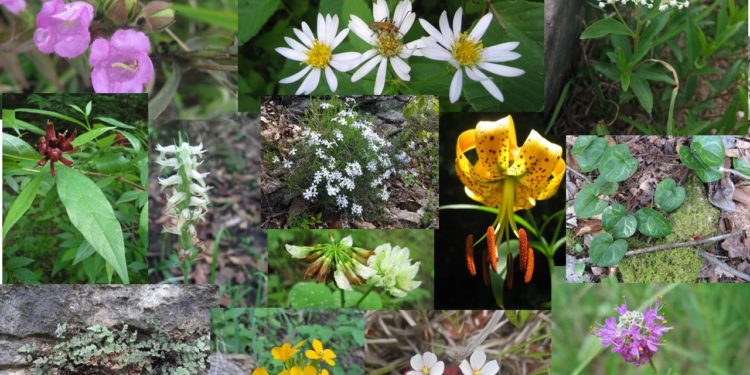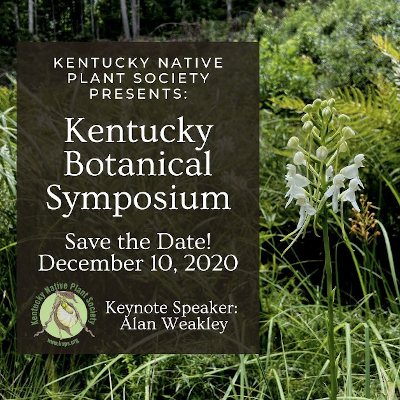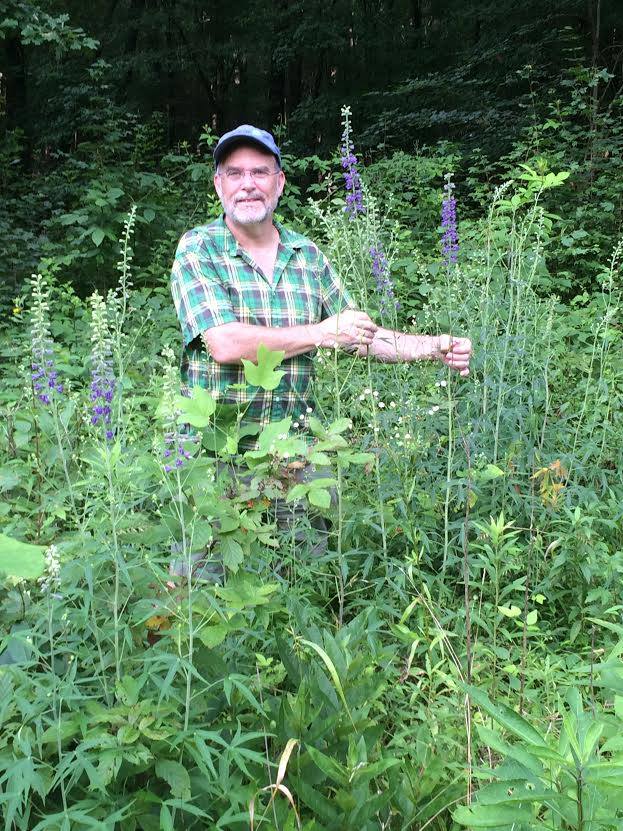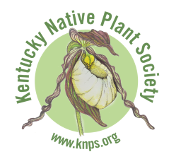
Kentucky Botanical Symposium and Membership Meeting

KNPS is having a virtual botanical symposium on Thursday, December 10th from 10am-2pm EST. For several years, KNPS has organized a botanical symposium in the fall with a goal of bringing together professionals, citizen scientists, academics, gardeners and students in order to learn about what’s going on in the world of Kentucky Botany. Despite the pandemic year, we thought it was important to continue this event, so please navigate this virtual world and join us to learn about all things botanical in Kentucky.
Topics that will be covered will include, but will not be limited to, KNPS updates, an overview of plant conservation in Kentucky, Kentucky’s roadside grassland and pollinator habitat program, conservation horticulture and native plant propagation, monitoring and managing rare plants and communities on State Nature Preserves, and exciting new Kentucky botanical discoveries.
Agenda
- 10:00-10:10 Welcome & Introduction
- 10:10-10:40 State of KY Plant Conservation and KNPS updates
Jen Koslow, Tara Littlefield, Jeff Nelson, Susan Harkins and David Taylor - 10:40-11:05 Inventory, Monitoring and Management of rare plants and communities in State Nature preserves and Natural areas
Devin Rodgers (Office of Kentucky Nature Preserves) - 11:05-11:10 Break
- 11:10-11:35 Roadside Native Plants Project
Tony Romano (Office of Kentucky Nature Preserves) and panel - 11:35-12:00 Native Plant Propagation Projects
Emily Ellingson (UK Arboretum), Heidi Braunreiter (Office of Kentucky Nature Preserves) - 12:00-12:30 Lunch Break
- 12:30-1:30 Keynote Speaker, Dr. Alan Weakley
- 1:30-1:55 Exciting Kentucky Botanical Discoveries
Mason Brock (Southeastern Grasslands Initiative/Austin Peay State University), Tara Littlefield (Office of Kentucky Nature Preserves) - 1:55-2:00 Wrap-up
Keynote Speaker
We could not be more excited about our Keynote speaker Dr. Alan Weakley! Alan is a plant taxonomist and ecologist whose work in taxonomy and plant conservation has sparked a renaissance of botany in the southeast. Just after lunch, Alan will address Kentucky’s Botanical Community on interesting topics ranging from plant evolution and biogeography, to conservation, taxonomy and citizen science.

Alan Weakley is a plant taxonomist, community ecologist, and conservationist specializing in the Southeastern United States. He holds a B.A. from UNC-Chapel Hill and a Ph.D. from Duke University. He has worked as botanist and ecologist for the N.C. Natural Heritage Program, and as regional and chief ecologist for The Nature Conservancy and NatureServe. He is currently Director of the UNC Herbarium, a department of the N.C. Botanical Garden, and teaches as adjunct faculty at UNC-Chapel Hill and at the Highlands Biological Station.
Alan is author of the Flora of the Southeastern United States, and co-author (with Chris Ludwig and Johnny Townsend) of the Flora of Virginia, which has received five awards, including the Thomas Jefferson Award for Conservation. He is also co-author (along with Laura Cotterman and Damon Waitt) of Wildflowers of the Atlantic Southeast.
The Flora of the Southeastern United States is an open access, downloadable flora with over 10,000 species. See the article about this important research here: Flora of the Southeastern United States – 2020 Edition
He has also released an app, FloraQuest, co-developed with Michael Lee and Rudy Nash, covering the Southeastern United States flora. He has authored over 100 journal articles and book chapters, and is in high demand as a speaker on plant taxonomy, community classification and mapping, biogeography, and biodiversity conservation. He is active with the Flora of North America project and the United States National Vegetation Classification, serves as an advisor to the N.C. Natural Heritage Program and N.C. Plant Conservation Program, and is a co-founder of the Carolina Vegetation Survey. As a trustee and board member of public and private conservation granting agencies and foundations, he has helped oversee $400,000,000 of land conservation grants in the Southeastern United States.
